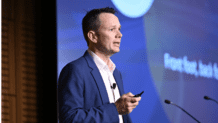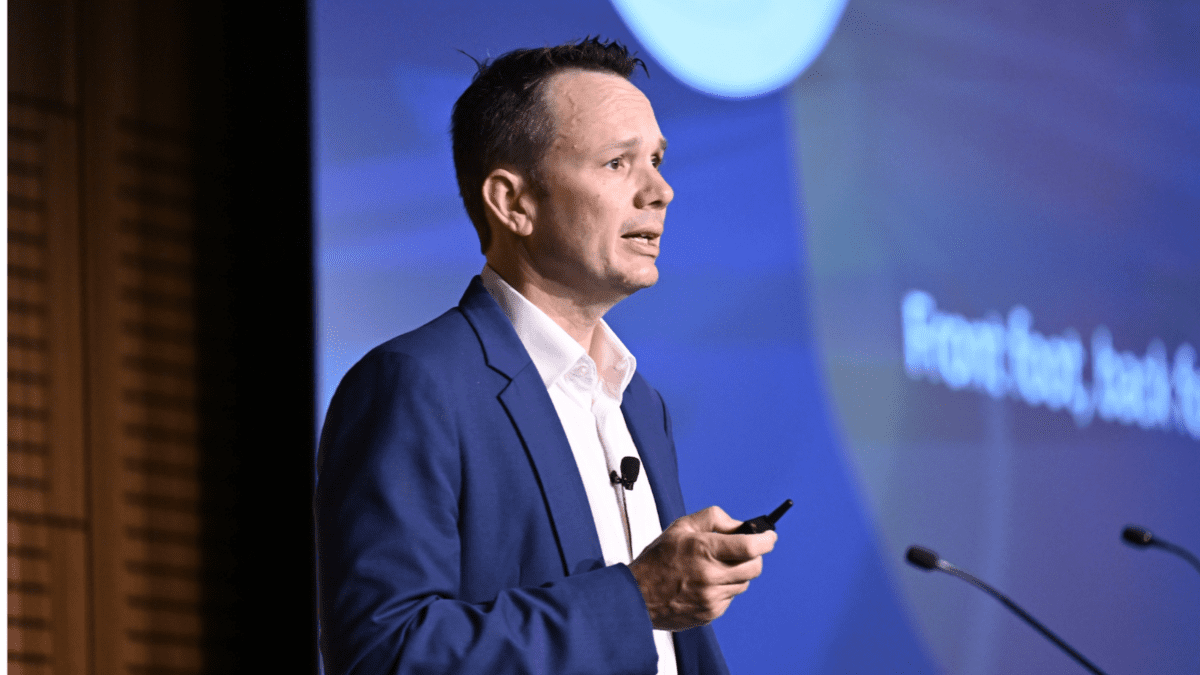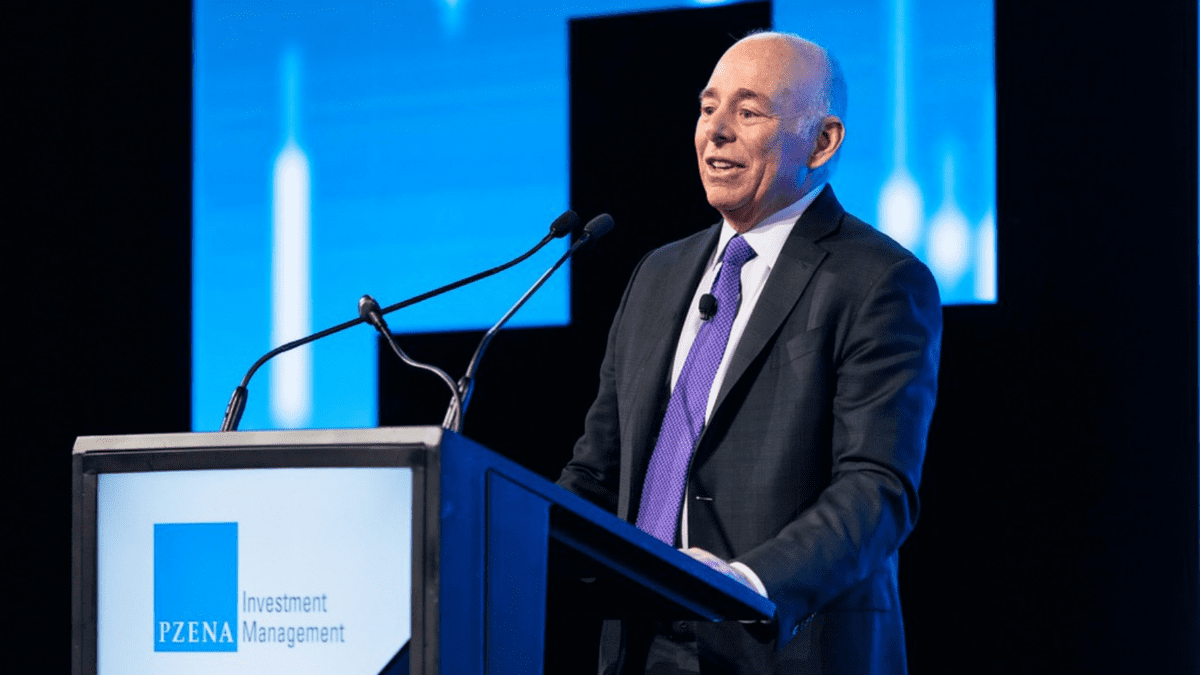Rate hike forecasts simmer down as employment and wage growth numbers soften
A softening in the labour market and still-modest wages growth are expected to encourage the Reserve Bank of Australia to keep interest rates on hold at its September meeting, though Australians might still see one more rate rise before the year’s end.
Australia’s unemployment rate rose to 3.7 per cent for July, up from 3.5 per cent in June, while the number of unemployed people increased by 36,000 and the economy shed 14,600 jobs, the Australian Bureau of Statistics reports. And research from Commonwealth Bank of Australia (CBA) showed trend employment rose by 27,300 in July, the slowest pace of growth since August 2021.
The jobs data, alongside weaker-than-expected June quarter wages data, will likely see the Reserve Bank keep the cash rate at 4.1 per cent for a third successive meeting on September 5, according to economists.
“The tick up in the unemployment rate and slowing in jobs growth is in line with the RBA’s forecasts and is consistent with the RBA remaining on hold at its meeting in September,” says Diana Mousina, deputy chief economist at AMP.
“A slowing jobs market means that there is less pressure on wages growth, and this week’s June quarter wages data showed wages growth running at 3.6 per cent over the year to June, which was a tad softer than economist and RBA forecasts [and] good news from an inflation perspective.
“While the RBA still has a tightening bias, there would need to be signs that inflation has picked up again or that wages growth will be higher than expected, which we think is unlikely,” she says. Mousina expects the unemployment rate to increase to 4.5 per cent by mid-2024 as economic growth slows and higher interest rates feed through the Australian economy.
Bets ease on another rate rise
In response to the July jobs data, money markets reduced bets on near-term rate rises. According to CBA economists Belinda Allen and Stephen Wu, bond futures now imply only a 50 per cent chance of one more quarter-point hike, to 4.35 per cent, by the end of the year.
UBS, too, expects the RBA board to keep rates on hold in September and again at the October meeting, given it will be Michele Bullock’s first as RBA Governor. “If the RBA were to end up hiking rates by 25 basis points again, the more likely timing would be in November,” says UBS economist George Tharenou (pictured).
“The weaker second-quarter Wage Price Index and July jobs data reduce the risk of another 25 basis points rate hike,” he adds. “Overall, the labour market is softening.”











